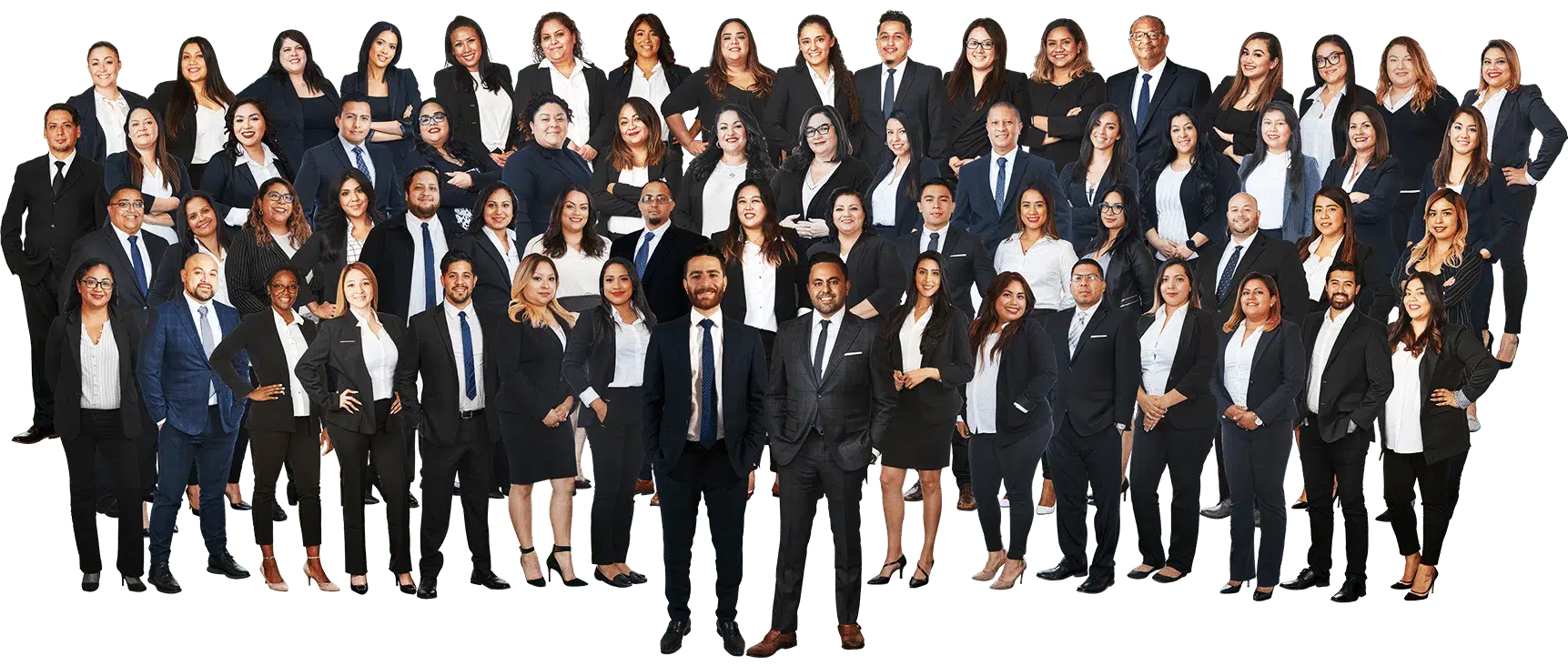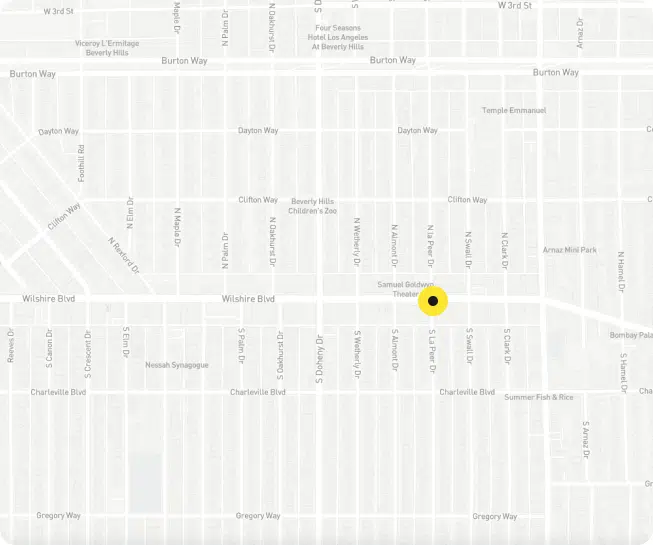CALIFORNIA LEMON LAW ADVOCATES, CALL (323) 675-3282 FOR YOUR FREE CASE EVALUATION - AVAILABLE 24/7.


When your vehicle keeps breaking down, local expertise makes all the difference. A Moreno Valley lemon law attorney brings:
We’ve successfully handled cases for vehicles repeatedly serviced at the following locations:
With a local lemon law attorney, you’ll have an expert who knows the area, the dealerships, and the process. This gives your case the best shot at a full refund or replacement.
Several factors make lemon law claims in Moreno Valley move more quickly than in other areas:
Local conditions and careful record-keeping help speed up your claim and improve your chances for a full refund or replacement.
When a vehicle is bought back by automakers under the Lemon Law, it doesn’t mean it’s destined for the scrapyard. These cars can indeed be put back on the market as used vehicles. However, there’s a catch: the title will clearly indicate the car’s past as a “Lemon Law Buyback.”
Why does this matter? Although the underlying issues might have been addressed, the car’s history as a “lemon” suggests it could still experience defects. Hence, it’s essential to be extra cautious when purchasing a used car with this label. Always perform due diligence, like a thorough inspection and obtaining a comprehensive vehicle history report, before making a purchase decision.
While Lemon Law cars are legally allowed to be resold, a savvy buyer should approach with eyes wide open
Indeed, the Lemon Law can extend to vehicles utilized in business contexts, with certain conditions. If your business registers a maximum of five vehicles, and each vehicle has a gross weight of under 10,000 pounds, then these vehicles are typically eligible under the state’s Lemon Law protections.
This coverage is vital for businesses that rely on their vehicles for day-to-day operations. By ensuring these conditions are met, business owners can safeguard their assets and reduce potential operational disruptions due to faulty vehicles.
Therefore, whether you’re a small business owner or part of a larger organization, understanding this aspect of the Lemon Law can help you leverage your rights and maintain the efficiency of your business fleet.
With our experience, local knowledge, and client-focused approach, we make pursuing a Lemon Law claim straightforward and effective.
1. Defect Pattern Mapping
We compare your vehicle's issues to regional defect clusters, such as heat-related problems and SR-60 strain, to identify patterns that strengthen your claim.
2. Repair Timeline Reconstruction
Our team collects detailed service records from dealerships to build a complete timeline of your repair history.
3. Manufacturer Claim Submission
We prepare and submit your claim directly to the manufacturer, highlighting Moreno Valley–specific factors such as heat, high mileage, and local terrain conditions.
4. Buyback / Settlement Negotiations
Most cases in Moreno Valley settle successfully because they clearly document defect recurrence. We negotiate fearlessly to secure a Lemon Law buyback, replacement, or fair settlement.
To give your California Lemon Law case the strongest chance, Moreno Valley drivers should gather:
Collecting these documents early helps your attorney demonstrate recurring defects and build a solid claim.
Many Moreno Valley drivers assume that extreme heat or long commutes excuse manufacturers from responsibility, but a skilled Lemon Law lawyer knows that these factors do not prevent a claim. Skipping repair visits because of long wait times or accepting repeated software updates as permanent fixes can weaken your case and delay access to a replacement vehicle.
The belief that high mileage disqualifies a vehicle from Lemon Law protections is another common misconception. Even vehicles with many miles may qualify if defects persist. Documenting all repairs and working closely with a local attorney ensures your rights are protected and strengthens your claim for compensation for defective vehicles.
It's time to have expert representation on your side. Contact us today for a free case evaluation and learn more about your rights.
Phone: (855) 939-4836
FAX: (800) 123-4567
E-mail: [email protected]

© The Lemon Pros © 2026. All rights reserved.
Attorney Advertising. Prior results do not guarantee a similar outcome. This website is for informational purposes only and does not constitute legal advice. No attorney-client relationship is formed by viewing or using this website. For legal advice, please schedule a consultation.